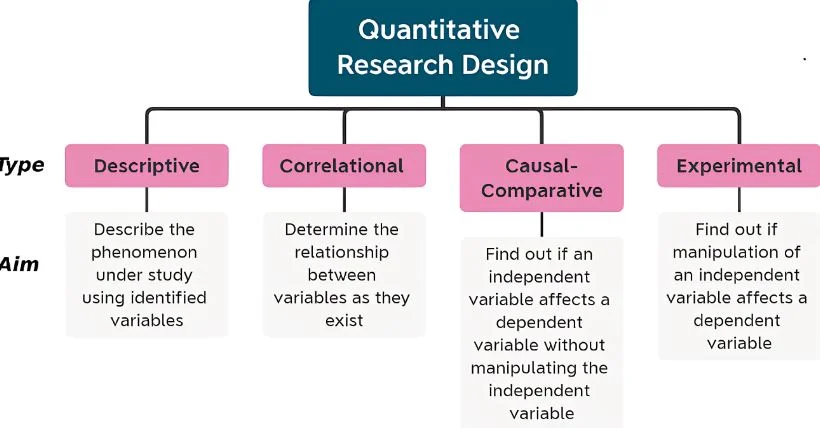Dissertation Length: Optimal Length in Words and Pages

A dissertation is an academic research project that students must complete for their undergraduate or postgraduate degree. Through a dissertation, a student will be able to present their findings for the project they chose.
Also known as a thesis, the sole purpose of this project is to test the research capabilities that you have acquired during your time at the university. Even though tutors can offer some help, this research project is mostly independent.
People Also Read: 21 Hardest and 21 Easiest Courses in Colleges to Take in 2025
What is the Best Dissertation Length?
There is no specific length for a dissertation research paper. For starters, there are factors such as the discipline that will determine the type and length of a dissertation.
For instance, Ph.D. dissertations in humanities will be longer when compared to those in sciences.

Secondly, the guidelines of your learning institutions will also determine the length of your paper.
Universities and colleges have different visions and motives when it comes to research papers.
Optimal Dissertation Length
It is good to conclude that the length of a dissertation depends on the study level, the discipline you have chosen, and the institution of learning.
However, it takes between 10,000-20,000 words for a dissertation paper for students at the undergraduate level. At the master’s level, dissertation length can be between 15,000-25,000 words.
Those at the Ph.D. level can write dissertations of up to 50,000 words.
Dissertations cover between 100-300 pages. These pages should be separated into various chapters, divisions, and subdivisions.
People Also Read: Is a Research Paper Argumentative: Tips on How to Write it
Length Of Dissertation Parts
1. The Introduction
The significance of the introduction is to provide important background information about the dissertation title.
It is also through the introduction that you will be able to showcase the relevance of your case. In a typical dissertation introduction, you will have to establish the problems and gaps and then proceed to express all your research questions.

The length of the introduction should be approximately 10% of the entire research paper. This means that you have to ensure that 10% of your total word count goes to the introduction.
On average, this will take up to 15 pages of your writing.
Even though you have already provided an abstract, the significance of an introduction cannot be underestimated. You have to state what you will be investigating and the worthiness of the research.
When the marker reads your introduction, he or she will know the significance of the research to academia. The aim of your research and all questions should be clearly explained.
Within the required length of the introduction, state the scope of your study and tell the readers exactly what you will cover. You should also show the methodology you are going to adopt and how you are going to structure the entire dissertation.
Portray the core chapters of the thesis and what each of them is going to cover.
2. Literature Review
This is an important part of your dissertation that should present the findings of your previous research. In simpler terms, it is the basis of your future work and this means it will take a significant part of your dissertation word count.
On average, the length of the literature review part is between 30-40 pages.
This literature review part should explain the topic you are currently investigating. It shows how your research is going to fit into the bigger picture and its ability to contribute original material.
In this review, showcase how the previous studies’ methodology will assist you in developing your own.
3. Methodology
The methodology section is where you explain your approach to the research and all the methods you have used. It is a section where you describe all these methods and ensure you justify their usage.

In most dissertations, your length of pages for the methodology section should not exceed 10 pages.
The chapter on your methodology should also address how you are going to carry out your research. How you intend to design your research should be a vital point of focus.
In simple terms, clearly explain why you opted to structure your research in that design.
The dissertation is a part of your degree that you should use to not only develop but also demonstrate your ability to do proper research.
Your professors or markers will want to know the methods you have used and the reason for choosing them. Even more importantly, shows how to deploy these methods effectively.
This is a sensitive chapter of your dissertation and you should go into detail to show what you will be doing. Give details of the duration and with whom you will be doing the research.
4. Analysis
The analysis is a very important section of your dissertation and usually takes about 45% of your total word count. This is the discussion section where you will present all your research findings.
The detailed presentation involves surveys, tables, graphs as well as interviews. In this section, ensure all your presentations are clear so that markers do not get any confusion.
The discussion section must contain a proper interpretation of the findings, their limitations as well as implications.
The analysis section takes almost half the word count of the dissertation. It takes a lot of pages to explain your data analysis results and what they mean concerning the research questions you had.
Ultimately, the methodology you select will determine what you are going to discuss.
For instance, if you have a quantitative methodology, you will have to explain the connections between variables.

In a methodology style that features a qualitative style, important themes, and their meaning will be discussed.
Therefore, how you write the discussion section is determined by your design of research choices.
Conclusion
This is the final part that involves a summarization of the entire research. It can take between 5% and 7% of your dissertation word count. It is all about concluding your interpretation of results by attempting to give answers to your original research questions.
Ensure you give details of your conclusions concerning the research questions you had right from chapter one. As much as it may involve some repetitions because you have discussed these questions in the previous chapter, a conclusion is very important.
People Also Read: Parts of an Essay Conclusion: How to Write a Good Conclusion Paragraph
Frequently Asked Questions
What is the average length of a Ph.D. dissertation by major?
On average, the length of a Ph.D. dissertation is between 120-200 pages. However, this word count does not include the appendices as well as the bibliography. What determines your word count and length will be the research type and the technical nature of the paper.
What is the best chapter 5 dissertation length?
This should be about 15-20 pages. The section should include an introduction, summary of findings, implications for practice, recommendations for research, and conclusion.
How long is a dissertation in psychology?
There is no specific page or word count requirement for a dissertation research paper in psychology. However, it should range from 80 to 150 pages depending on the requirement of the institution or professor. All the multiple chapters and appendices should be covered within this word count.
What is the average psychology dissertation length?
The average length of a psychology dissertation is 80 pages excluding the bibliography. Nonetheless, the analysis method, topic, and your university will determine the length.
How long should a history dissertation be?
An undergraduate history dissertation should be written in about 10,000 words. In most universities, it is an important part of the third year of a history student. Ph.D. dissertations in history will usually be near the length of 80,000 words.
This word count includes all the appendices but the references, notes, abstract, footnotes, abbreviations and acknowledgments are not part of it.

When not handling complex essays and academic writing tasks, Josh is busy advising students on how to pass assignments. In spare time, he loves playing football or walking with his dog around the park.




